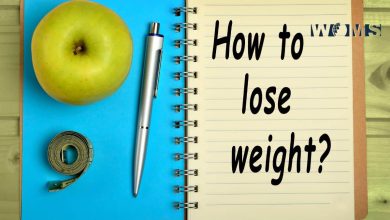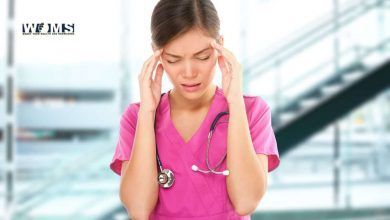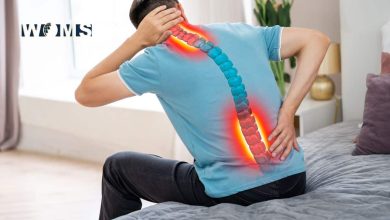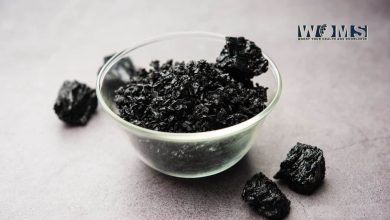5 Foods And Medications To Avoid After Endoscopy
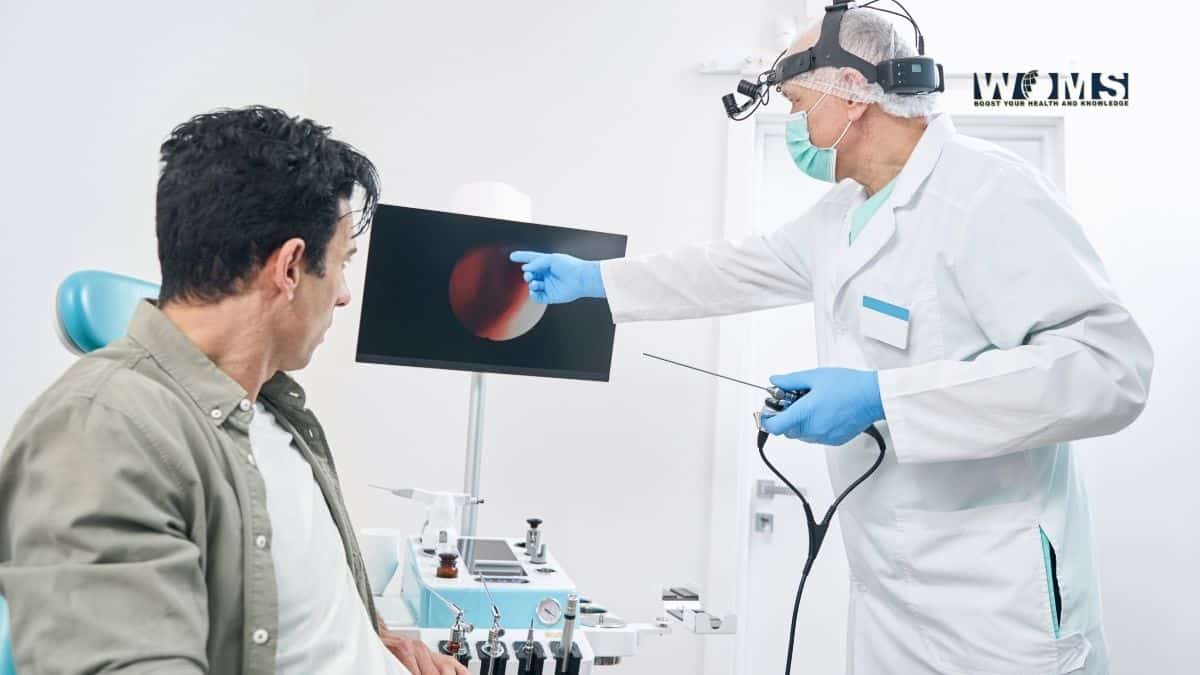
Post-operation care, also known as post-op care, is just as critical as all the phases of treatment given to patients. It can even be considered is a decisive stage of a patient’s overall recovery. Since post-care involves many steps most require third-party assistance the patient and the immediate family members must be informed accordingly on the dos and don’ts during this stage. Similarly, you should care about foods and medications to avoid after endoscopy.
The same is true for both open and minimally invasive surgeries or operations. While extra steps and time are necessary for patients who have undergone the former, both types of procedures still require some serious and attentive post-care.
What is Endoscopy?
Endoscopy is a minimally invasive operation (MSI) that uses an endoscope a long and flexible tube with airway and waterway tubes, a camera, light, and an opening where several instruments can protrude.
Some of the classifications of endoscopy are upper esophagogastroduodenoscopy (EGD) and lower gastrointestinal (GI) endoscopy or colonoscopy. Upper EGD usually enters through the mouth to check the upper GI tract, while colonoscopy goes through the client’s anus to check their lower GI.
This procedure is performed for several reasons, such as screening, identifying the cause of abdominal pains and cramps, and blood on stools. Aside from these, endoscopy is done as a therapeutic approach that is, ‘fixing’ issues during the entire endoscopic procedure or as a diagnostic one, whose purpose is primarily for diagnosis.
The pre-operation preparation for endoscopy is primarily composed of a liquid diet, which consists of beverages rich in electrolytes to help cleanse the gastrointestinal tracts. This is typically done 24 hours before the procedure and is reported to be uncomfortable because of abdominal cramps.
The post-op care for endoscopy is somewhat similar, with added recommendations such as not driving within the next 24-48 hours after the procedure. The dietary protocol after endoscopy can vary depending on the endoscopic operation done. To help you out, here are five foods and medications to avoid after endoscopy:
Alcohol
It may be just for the next two days, but for people who love consuming alcohol, that two-day break can be somewhat stressful. However, after having an endoscopy, never drink alcoholic beverages of any form and amount.
Alcohol can have a blood-thinning effect and have alcohol-induced damage to the mucosal lining of the esophagus. Consuming alcohol after an upper GI endoscopy is particularly painful since your esophagus may feel extra sensitive after the procedure. Consuming alcohol can worsen this; therefore, drinking alcohol is strongly discouraged.
In addition, depending on the sedative, alcohol may worsen the grogginess and drowsiness you get from being sedated. This especially can be disconcerting, which may harm your overall recovery process. Plus, alcohol reacts negatively to most anesthetics, so you wouldn’t really want to take a risk.
Carbonated Drinks
Endoscopes have airways that gastroenterologists use to expand the colon to make them more navigable. After the endoscopy, some of these gas bubbles aren’t discarded from the body, making you feel bloated or can sometimes give you a bad case of abdominal cramps.
Consuming carbonated drinks within the recommended recovery period may worsen these cramps, making them nearly unbearable. In addition, carbonated drinks are known to aggravate the symptoms of acid reflux and may even worsen them.
Spicy Foods
Spicy foods are like diamonds in the rough of the food world. They bring the soul-to-soul food and give the entire meal that extra punch that makes eating more exciting. However, after your endoscopic procedure, you might want to lay off the chilis in the meantime.
Spicy foods contain capsaicin, a compound that irritates your gut. And while they don’t directly cause gut diseases such as gastroesophageal reflux disease (GERD) or heartburn, they may contribute some of that jazz that people with irritable bowel syndrome (IBS) have.
Moreover, since you just had a tube enter your body, your entire gastrointestinal tract is still sensitive and is recovering. The recovery process is already strenuous and uncomfortable, so you don’t want to exacerbate the feeling a step higher than it already is.
It is worth mentioning that not all spicy food can make your gut dirty. Curcumin, a compound found in the spice turmeric, can help relieve IBS and block other pain receptors. This compound also has anticarcinogenic properties, among others.
Oily Foods
You may have had an endoscopic procedure due to chronic and unexplainable pain in your gut. And after your endoscopy, the pain may have significantly dwindled, and the first thing you have in mind is to eat pork chop that you avoided before because of hyperacidity. However, you must remember that oily foods are included in the list of foods and medications to avoid after endoscopy, even if the pain is gone. So, you must be careful of the food to avoid after endoscopy.
For one, endoscopy can only see what’s wrong with your GI tract. Indeed, it can pick up and cauterize polyps for biopsy, but chances are, polyps aren’t the ones that cause your hyperacidity. Also, endoscopy, specifically upper EGD, cannot relieve your stomach and its capability to release acid. Thus, the pain probably shooed temporarily because of the sedatives.
Your dietary protocol before the procedure doesn’t change, not unless your gastroenterologist advises you otherwise. Oily and acidic foods can still aggravate your acid reflux. So, it is better to steer clear of them, especially after having your endoscopy. For instance, avoid fried foods, even if they come in bite-sized pieces. These foods contain oil and may still irritate your stomach.
Anti-inflammatory and Aspirins
As a common misconception, you may be thinking that you can take aspirin to manage the discomfort of post-endoscopy of care. However, aspirin, drugs that contain aspirin, and other anti-inflammatory drugs are prohibited for consumption after your endoscopic procedure.
This is because these drugs are blood-thinning which may cause bleeding, especially when polyps are removed during a colonoscopy. It is recommended to continue taking them a week or so after the procedure, or you can ask your gastroenterologist for more info about it.
Final thoughts
Post-op care for a patient after endoscopy involves a lot of considerations. However, it is crucial to be strict and follow the recommendations of health professionals. These may help in ensuring a good-quality and faster recovery of the patient. For one, there are some foods and medications to avoid after endoscopy. The ones discussed above are some your doctor might advise you to avoid.
